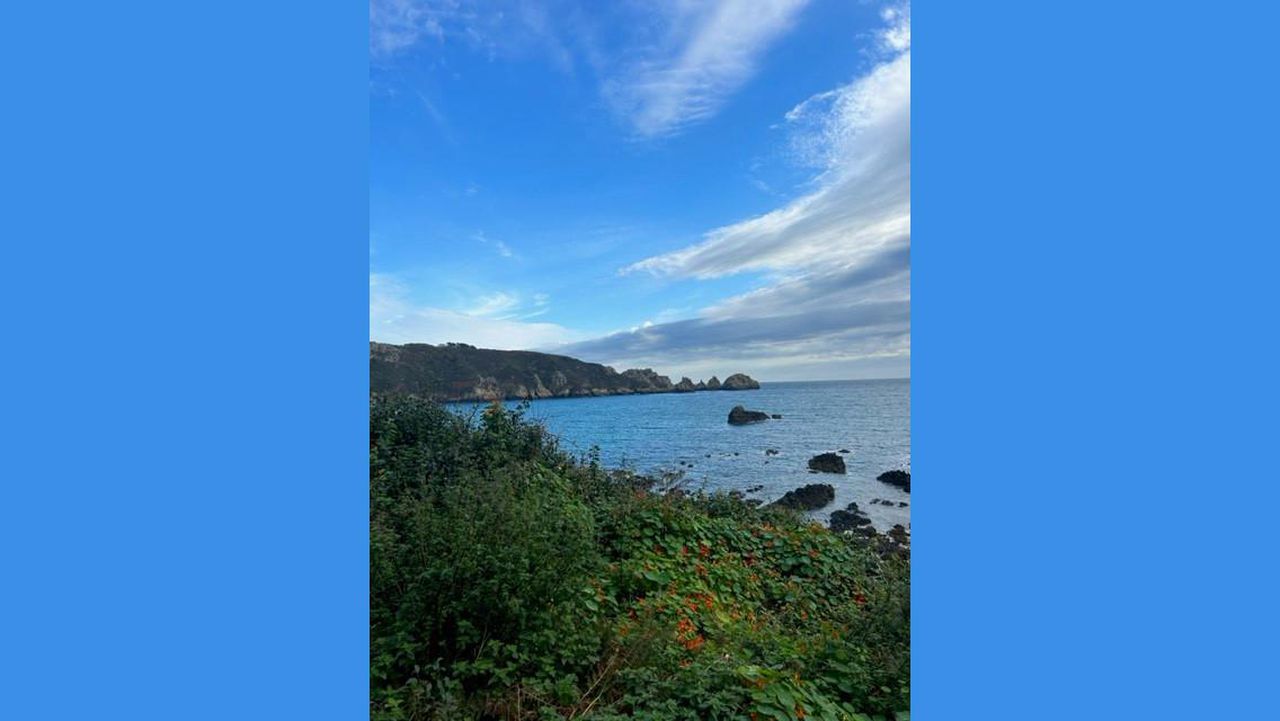Beth Thames: What we had in common was not much on the surface
This is an opinion column
What makes friendships last? What makes the bonds strong enough to stretch across an entire ocean and span five decades of living?
It’s a mystery, but that’s how it works sometimes. When three young women met in an office in a college town fifty years ago, they couldn’t have been more different from each other. One was from Guernsey, that beautiful gem of an island floating out in the English Channel. One was from Queens, the New York home of JFK and LaGuardia airports, and one was from Alabama, a place the others had never even thought of, way down at the bottom of the U.S.
That would be me.
What we had in common was not much on the surface. We had different accents and made fun of each other’s pronunciations of common words and expressions. Sometimes we asked for a translation.
When things got jammed up in the University of North Carolina Records Office and students lined three abreast in front of our counter, one of us would say, “Oy vey!” That would be the Jewish woman from New York. The Guernsey woman might say, “Crikey!” The Alabama woman would utter, “Good grief!”
All of us were really saying that our boring job was too hard and they should pay us better. Then we’d take a thirty minute coffee break and complain some more. We all had college degrees, but jobs were scarce in a town where it seemed everybody had one. We were working to put our husbands or boyfriends through graduate school. This was temporary.
But our friendship wasn’t. As the years moved on, so did we, and we visited each other in cities in this country and in Europe, renting houses that could accommodate our growing families. Sometimes we visited each other’s homes. Sometimes our children came along. Sometimes our grandchildren did. The three friends are now old, still keeping the thread going.
Right now that thread has stretched once again to Guernsey, where my granddaughter is visiting my old friend, Jeanne. She’ll show her the hiking paths and sandy beaches along the shore and take her on a boat ride to one of the other islands in the Channel.
They’ll eat fish and chips at a local shop and throw the leftovers to the gulls—huge birds that zoom in for a snack and look angry when the food’s all gone and they have to search elsewhere for a treat.
Maybe they’ll go to the German Occupation Museum, which I visited the last time, and see the wartime documents, weapons, and even a replica of a sitting room where a Guernsey family secretly listened to the radio to learn the fate of their island home. It was finally liberated in 1945, though German bunkers still squat on the hillsides, left-behind reminders of war.
Or maybe they’ll just enjoy the beauty of the place—the shady lanes, the flowers growing out of walls, the sea cliffs and the gardens. The occasional chicken crosses the road, just like in that riddle, but she’s likely to get to the other side without injury. There aren’t that many cars in Guernsey. A traffic jam might mean a dozen cows crossing the road. They don’t know they’re famous. Guernsey butter is valued all over the world.
When the visit is over, my granddaughter will go back to her teaching job in France. The cord that connects long friendships may stretch into the next generation, where three young women go for coffee together and decide to keep doing that the rest of their lives.
Contact Beth Thames at [email protected]
